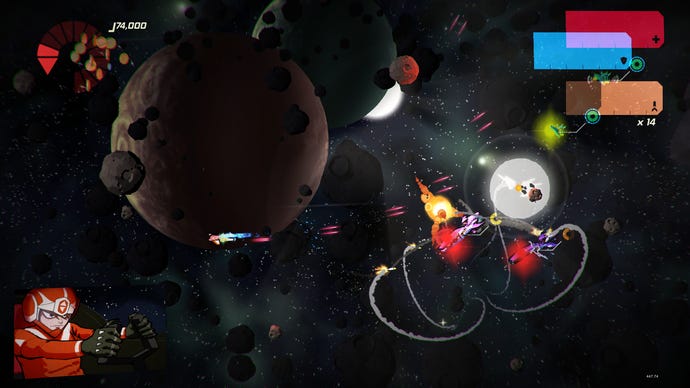Is PlayStation Vita About to Hit its Prime?
?Over the past few years, PlayStation Vita has slowly, but surely carved out a niche for itself. Can Sony take advantage of this and finally realize their system's true potential?
This article first appeared on USgamer, a partner publication of VG247. Some content, such as this article, has been migrated to VG247 for posterity after USgamer's closure - but it has not been edited or further vetted by the VG247 team.
Just about a month ago, I boarded New York-bound flight for a two-week trip across the East Coast and Minnesota. With me came my PlayStation Vita and Nintendo 3DS - trusty companions that I knew would keep me busy for the majority of my travel time.
I was particularly excited to spend some quality time with my Vita. Over the past year or so, it's come to provide a nice balance of current critical darlings like Spelunky; retro games like Mr. Driller and Final Fantasy VII, and meatier experiences like Persona 4 Golden. Like everyone else, I wasn't too sure about the Vita at launch; but at this point, I think it's built a really nice niche for itself as a gaming device that can handle the more robust indie experiences that simply aren't feasible on iOS and Android.
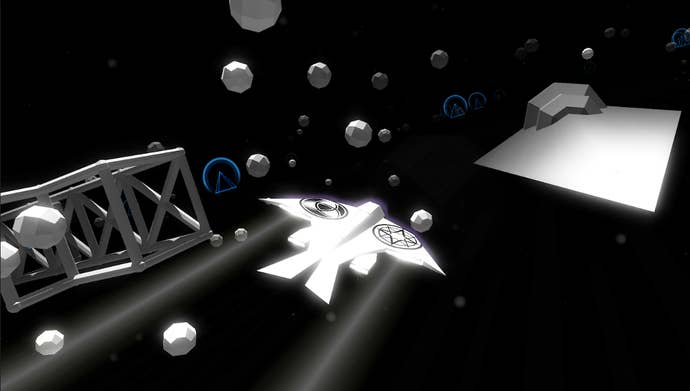
There was just one problem. By the end of the trip, I had finished Dragon's Crown, tired of Luftrausers, and died over and over (and over) again in Spelunky. I was ready for something new, but I had already played and finished the majority of the platform's best games. Sadly, a deep dive into the PlayStation Store provided nothing of interest. I ended up digging out my 3DS and playing Super Mario Bros. 3 on my flight home.
Clichéd as it is to say that the Vita doesn't have enough games, I think it's still the case, especially for long-term owners like myself. Nevertheless, I approached Sony's recent indie showcase with a sense of optimism, hoping against hope that I would soon be riding a new wave of content that would carry me through my next trip and beyond. For the most part, I wasn't disappointed.
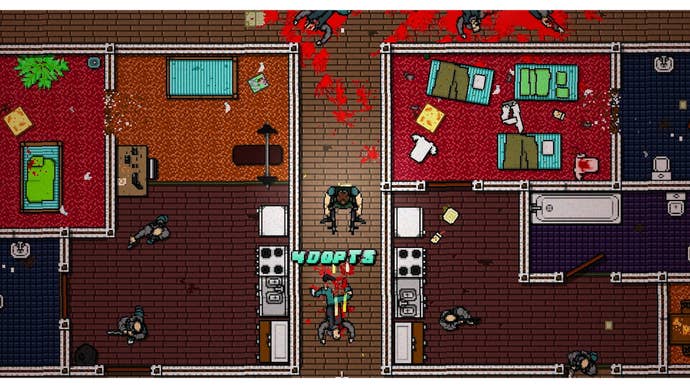
The Showcase
"There's no sense of being done around here. We feel like we're just getting started."
Like everyone else involved with the PlayStation brand these days, Sony Vice President of Publisher and Developer Relations Adam Boyes has plenty of reason to be feeling buoyant. Sony's indie strategy has thus far paid off handsomely for the platform holder, allowing them to make key inroads with developers and position themselves at the forefront of development.
On the PlayStation 4, the strategy has paid off in much the same fashion as Geometry Wars did for the Xbox 360 back in 2005, with indies like Mercenary Kings and Towerfall: Ascension keeping the library afloat following the first wave of launch content. On the Vita, indies have provided a much-needed alternative to the likes of Killzone and Borderlands. They're cheap, readymade for portable play ("Spelunky feels like it was made for the Vita," Boyes enthuses), and plentiful. Steam remains at the leading edge of indie distribution, but it's hard not to be impressed by the number of independently-developed games tagged with the line, "Coming soon for PlayStation 4 and Vita."
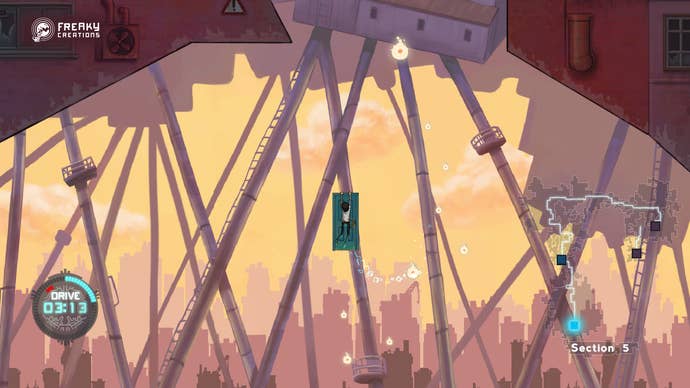
A little more than a dozen stations with various upcoming indie games were setup around the floor, including Transistor, The Witness, Aztez, and my personal favorite, Nidhogg. Many of them were only being shown for the PlayStation 4; but when I asked, I was privately assured that Vita versions were also on the way for many of the games at the event, but weren't yet ready to be shown.
The Vita games that were being shown at the event were a bit of a hodgepodge of new and old. At one table, I found Joe Danger and Gravity Crash, the latter a port of a game released on the PlayStation 3 back in 2009. Elsewhere, I saw Rogue Legacy and PixelJunk Shooter Ultimate -- both confirmed for the Vita, but shown only on the PlayStation 4. All of them caught my eye in one way or another, but these three games are the ones I found myself looking forward to the most:
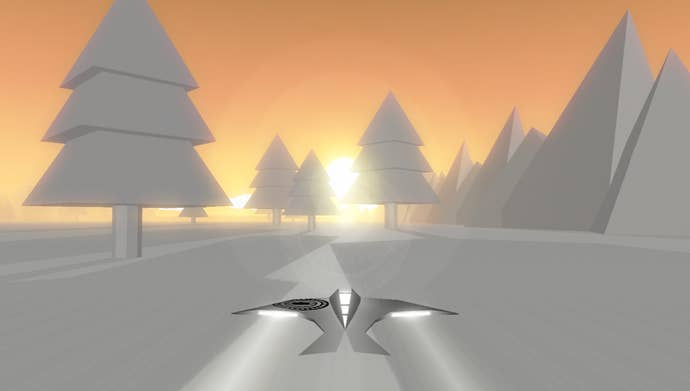
Race the Sun
This is exactly what I want out of a handheld game -- fast-paced, difficult, and highly variable. In Race the Sun, the only goal is to stay alive as long as possible while racing over a barren, minimalist planet. In the process, you steadily earn points and multipliers until you finally screw up and plow into a piece of the landscape or the sun goes down and you lose power.
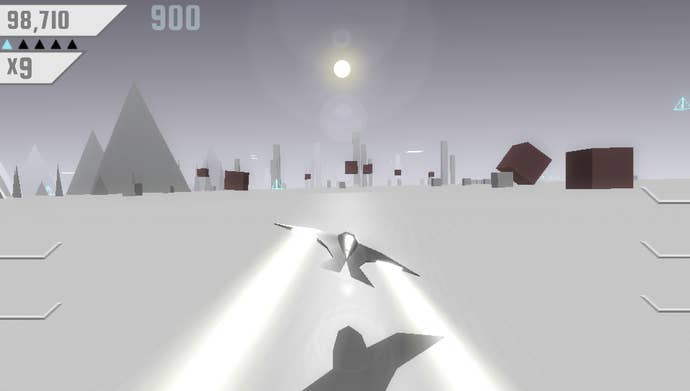
What struck me about Race the Sun was both its art style -- a mix of grays interspersed with blues and blacks -- and its sheer speed. In many ways, this is what WipeOut should have been on the Vita -- a breathless racer with an addictive gameplay loop that runs at 60 frames per second. The icing on the cake are its procedurally generated tracks, which vary from day to day and effectively offers a constant stream of renewable content.
Race the Sun has been out on Steam since last year, but it feels like it belongs on the Vita.
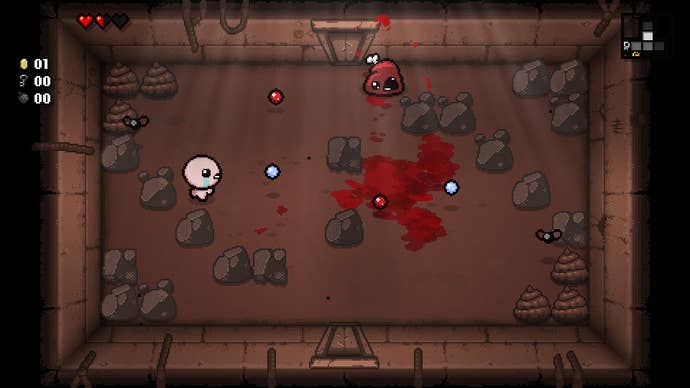
Binding of Isaac: Rebirth
The word I hear people use to describe Binding of Isaac over and over again is, "Disturbing." For those who have had authority figures use religion as an excuse to heap abuse on them, I imagine Binding of Isaac must be an especially harrowing experience. I consider myself lucky that I've never lived through that particular nightmare; but then again, that's what video games do better than almost any other medium.
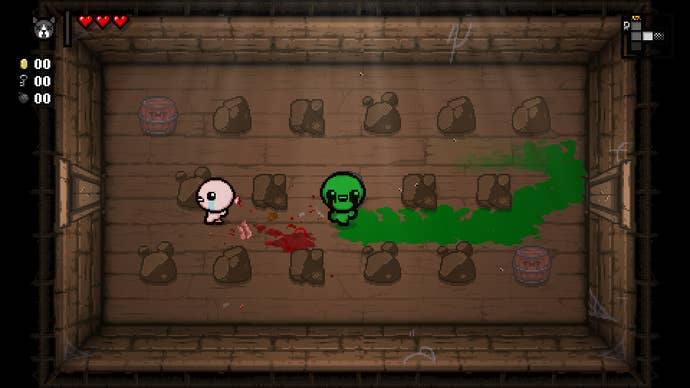
The original was a surreal experience, mixing Zelda-like action with randomly-generated dungeons and permanent death. Faced with the eldritch abominations lurking in his basement, Isaac's only weapons are his tears, or his mother's bra. As the name implied, it dealt in large part with religion, but also touched on depression and other issues.
Rebirth, which will be released for the PS4, PC, and Mac as well as the Vita, is effectively a complete remake that does away with the Flash engine and introduces a large amount of new content. As with Spelunky, its session-based gameplay makes it a natural fit for the Vita, provided you're prepared for an exceptionally difficult game. And a depressing one as well
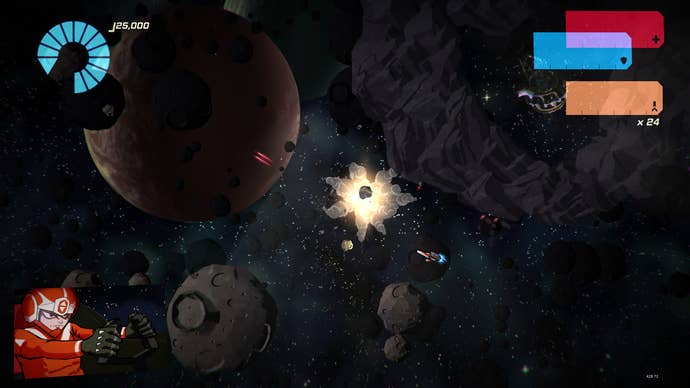
Galak-Z
One look at the logo was all I needed to know that I wanted Galak-Z. The font just screams "80s sci-fi anime," and true to form, it borrows heavily from the likes of Macross and Space Battleship Yamato. A top-down shooter, Galak-Z's fighter is a cross between a Viper from Battlestar Galactica and one of the fighters from Yamato, and its armament includes Macross's famous micro-missile clusters. Truly, this is a game that aims directly for my heart. Even better, it addresses one of my key issues with the Vita -- the lack of good old-fashioned shoot 'em ups. I need a palette cleanser after a long Persona or Final Fantasy session, and Galak-Z looks to be just the ticket. The version shown last week was for the PS4, but the Vita version shouldn't be long in coming. Just know that I'll be first in line.
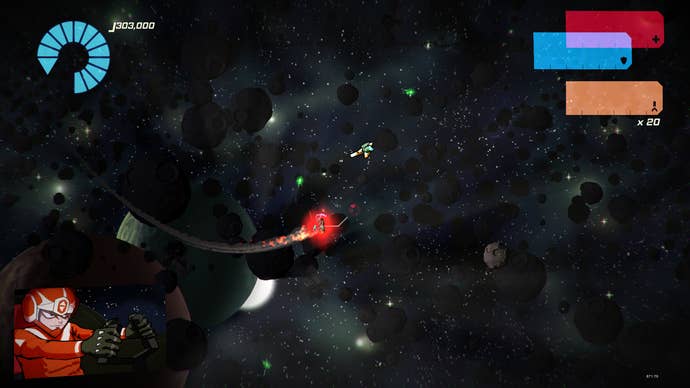
Going forward, I expect games like Galak-Z and Binding of Isaac to continue driving the Vita. It's the one key advantage that it has over the Nintendo 3DS at the moment, which currently benefits from both a larger library and the all-mighty Pokémon. Sure, the 3DS has indies of its own - Shovel Knight is just around the corner -- but Sony has demonstrated a willingness to reach out to independent developers that has been enthusiastically reciprocated.
"You talk to [Vlambeer executive] Rami Ismail, and he says that a lot of people who have made content for the Vita have fallen in love with it," Boyes says. "They usually lead with what they love, and there's a ton of love in the development community for the Vita."
All that said, Sony still has a long way to go. The games listed above are a drop in the bucket compared to the ocean of content offered by Steam. Exciting new games like Axiom Verge are on the way, and Unity Engine support will definitely help, but Sony platforms -- and the Vita in particular -- still frequently play second fiddle to the PC. And the Vita really needs all the content it can get.
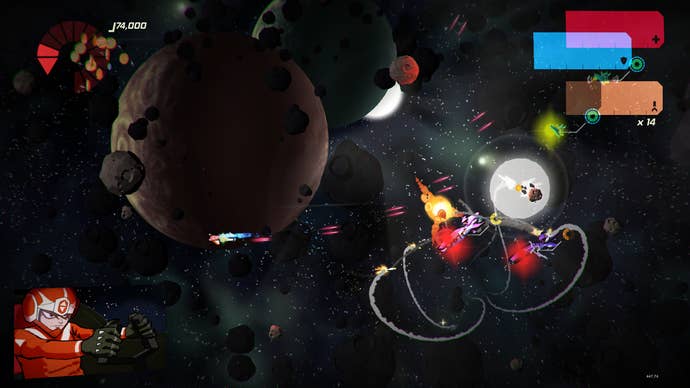
Ideally, Sony will eventually be able to woo more independent developers into following in the footsteps of Galak-Z and Transistor and developing for the PS4 and Vita first, putting them on a more even footing with the PC. For now though, Sony has a really solid foundation with the Vita, with more games on the way. The platform's library isn't quite where I'd like it to be yet, but I feel much more confident recommending the Vita to people than I did two years ago. Assuming Sony stays on course, that confidence is liable to grow -- a far cry from the doom that many predicted for the system in the face of intense competition from smartphones in particular.
At last, the Vita has its niche. Now it's time for Sony to exploit it.
